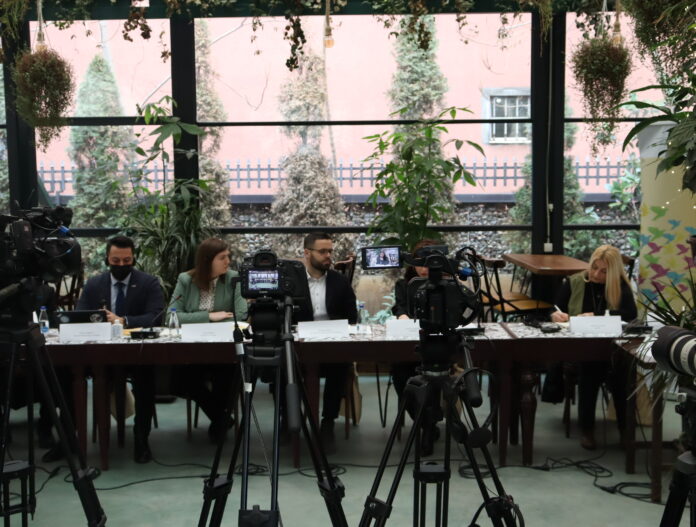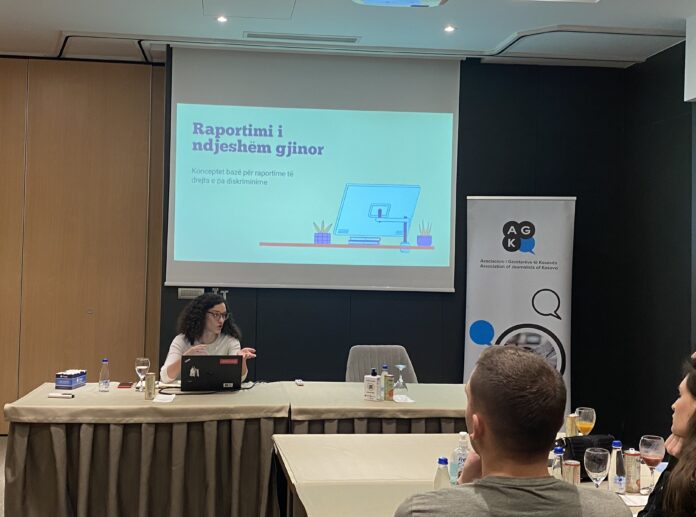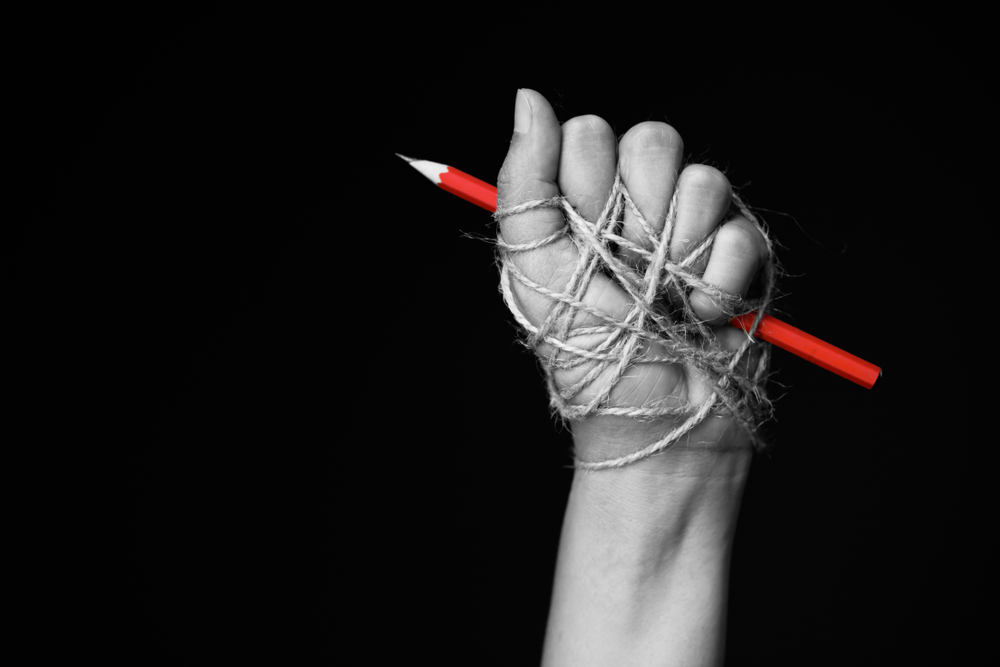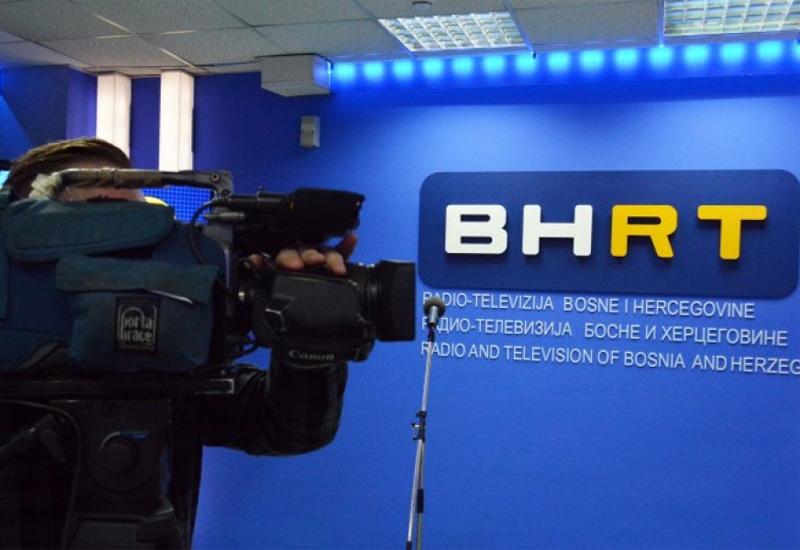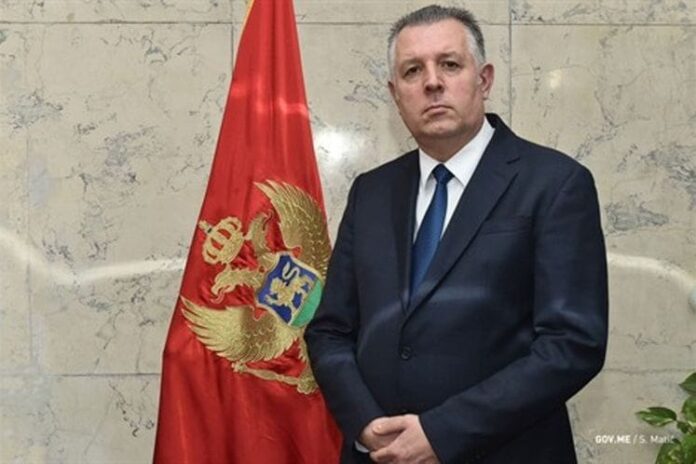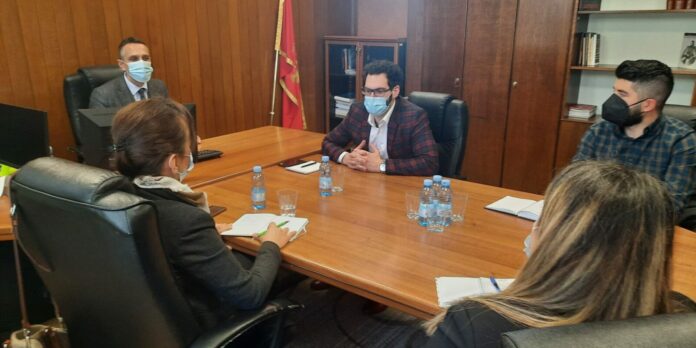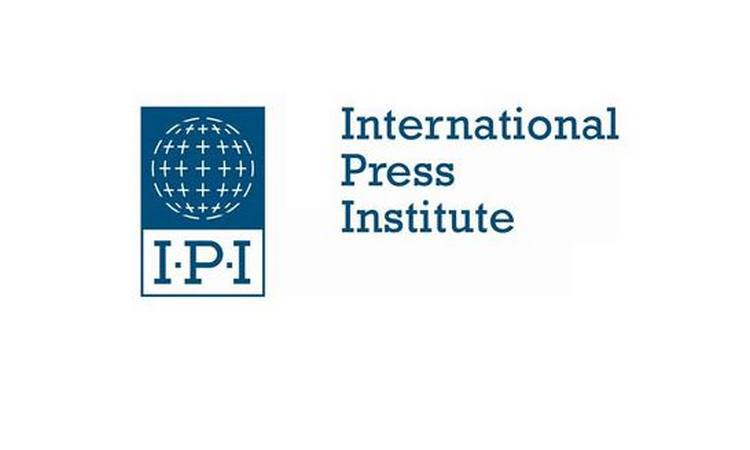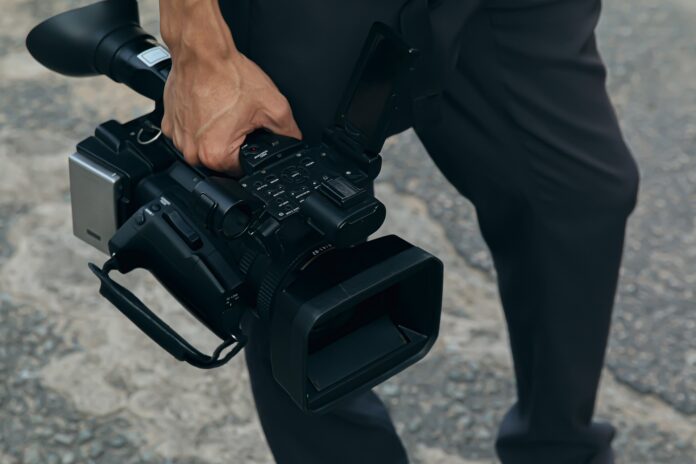PODGORICA, 11.02.2022 – Although they make up the majority of employees in the media, little is known about the position of photojournalists, cameraman, sound engineers. Research mentions them only occasionally, often pointing out that they are in a worse situation than journalists.
Trade Union of Media of Montenegro (SMCG) is one of the few organizations that brings together employees from all sectors that exist in the print and electronic media. The main problem is still that there are no official statistics on the number of employees in the media, and therefore on the number of employees in other categories who are not journalists.
Monstat data show that in 2020 there were 1,445 employees in the media sector, and a significant part of that number are other occupations. In order to better present the position of these categories of employees, SMCG conducted a mini-survey and focus group with 10 representatives of photojournalists, cameramen, sound engineers and graphic designers. Most of them, as they found out, are employed full-time, while four of them work as freelancers. Most of them work in print and electronic media, but our small research has shown that mostly one person works for several media, which are usually not competitive (such as print media and agencies, radio and portals), or for several newsrooms that are part of the same media. Nine of them have been working in journalism and media for more than 10 years, while one person has been in this business for less than two years.
The position of employees in other sectors is perhaps best described by the fact that half are forced to work for more than one newsroom in the mainstream media, while the same number are employed in more than two media outlets. Unfortunately, the fact that the representatives of these professions told us that they are not in a position to improve also speaks of their position.
“The medium I work for does not have the opportunity to give me a day off, not to give me training,” one of the focus group participants told us.
When it comes to the economic components of work engagement, other media workers cannot boast either.
“Half of us work for more than eight hours. Only a few have the luxury of working six or eight hours “, reads one of the answers.
When it comes to overtime work, media workers agree that it occurs almost every day. Half of them, as they say, never get paid for that work, and the rest get it regularly. But the situation is changing when it comes to working on weekends.
“Working on weekends is a constant in the media. I work constantly on weekends, and a large number of my colleagues, but we are not paid for that work. I don’t know if any media pays for that”, states one of the participants.
Media workers testify that their salaries are mostly regular, but also that they are more often concerned with salaries that are not fixed, but partly depends on performance. Also, according to them, the average salary in other sectors of the media industry is between 400 and 500 euros, which is still below the national average and insufficient. Most of the employees we spoke to point out that their economic position has changed for the worse since the Covid crisis, which also affected the media sector. That is why, and because of a number of problems they face at work, they are forced to deal with some other paid jobs. Thus, in addition to journalism, they are also involved in sound design, consulting services, teaching or working as freelancers for foreign agencies.
Our interlocutors said that they are mostly members of trade unions, as well as that they are free to unite, but they do not believe that trade unions can help them fight for a better financial position. More than half of them told us that they, or their colleagues, had to censor their work, and half of them said that they felt some kind of political interference or pressure during their work.
And when it comes to the biggest problems they face, the list is long. “The biggest challenge is to remain a professional despite poor pay, discrimination against photojournalists, disrespect for the Labor Law, increasing dismissal of photojournalists, and disrespect for copyright,” was one of the answers.
Among the problems are discrimination (because they work in a media that is recognized as biased), poor work distribution and overload, self-handling of new technologies, unregulated market or simply because they do a job about which very little is known. Some of the respondents also said that their main challenge is to “save their heads when protests and rallies are taking place”.
“Low salary, lack of equipment that the editorial office will not provide are only part of the problem. I am forced to work with personal equipment, without any compensation, which would enable me to renew or upgrade the existing one”, states one respondent.
But even though they admit that their job is poorly paid and poorly appreciated a small number of those we spoke to would leave this profession. They believe that the state, professional associations and the newsrooms themselves must do something to improve the position of all media workers and to make their jobs more secure.



